By LIM MAY LEE
alltherage@thestar.com.my
AS you read this, there are thousands of men, women and children worldwide being trafficked into lives of slavery, adding to the ten MILLION people victimised since the beginning of this year.
According to the International Organization for Migration (IOM X), traffickers earn US$150bil (RM600bil) a year, making human trafficking one of the world’s most lucrative crimes, second only to drug trafficking.
In Malaysia, the sheer number of documented and undocumented foreign workers (estimated to be around four million) moving in and out of the country have made it an ideal playground for human traffickers. Yet, awareness is still appallingly low.
“I only heard about human trafficking five years ago, when I watched a video of a little girl being trafficked to a brothel by her own parents,” said New Su Shern, the founder of Project Liber8, a human trafficking awareness campaign initiated in 2012 as part of a college project.
Spurred to overcome her own ignorance, New quickly developed a passion for the cause, working tirelessly to raise awareness amongst her peers. She soon found it wasn’t enough to organise marathons, concerts and events – it needed a wider reach.
And just like how New herself stumbled across this issue via video, Project Liber8 is now using videos to reach out to a larger audience.
Reaching out
Project Liber8 has come a long way in the past four years. It’s no longer about meeting New’s college course requirements – they now work with NGOs like Tenaganita, and even the United States Embassy, to organise workshops as well as some large-scale events.
Now, they’re hoping to take things to the next level again.
“Our organisation always strives to come up with ways to incorporate what our target audience loves – in this case, watching YouTube videos – and use it to highlight human trafficking,” said New.
To do this, Project Liber8 enlisted the help of YouTubers and students.
They organised a workshop called Advoc8, where participants were not just educated about the problem of human trafficking, but also brought to visit its victims in Malaysia.
On top of that, they organised White Noise, a video contest to get the workshop participants to shoot their own human trafficking PSAs.
YouTuber Sean Lee produced a video based on a “street quiz” he did with some college students, and perhaps unsurprisingly, not many of them knew much about human trafficking in Malaysia.
“No one has ever mentioned this to me, not even my school teachers,” said one of the guys who participated in the quiz.
Most of them didn’t even know the problem existed, and were shocked to hear how many were affected by it in our own backyards.
Lee was saddened but not surprised by the results.
“I’ve heard of the term ‘human trafficking’, but I never put much thought into it myself,” said Lee, adding that the Advoc8 workshop inspired him to want to create videos with more purpose, to add to the comedy clips he usually does.
“I was sad to hear that our education system hasn’t emphasised these issues to the next generation. It makes me want to create more videos that will educate everybody about current affairs.”
The White Noise contest was won by The Weekenders, a YouTube channel founded by marketing student Ali Imad Daoudi, who said producing the video was an educational process for him.
Ali’s team interviewed people from different countries, including Lebanon, Armenia and the Democratic Republic of Congo, to see what they knew about human trafficking.
“Everything in our video was new to us. We never knew the staggering numbers, and that you can buy a human being for only US$90 (RM360),” he said.
“But the most shocking thing we learnt was how little the world talks about it, and how blind we’ve been. It’s not that we don’t have the tools to find out about it, it’s just that the world has chosen to look away.”

The participants were also encouraged to get creative – such as through this photoshoot – in the battle against human trafficking. — Photo: Project Liber8
The power of video
Video and digital media seem to have given the campaign much more traction. The videos have been viewed over 40,000 times in just over a month.
“It’s a great feeling to know we can do something about this and make a difference through our work,” said Lakshmishree Menon, who co-produced 500 Days, a video about sex trafficking.
“The workshop was an effective way to start making a change. Now, we need to inspire other people to do something to help,” said Tan Yu Ming, who produced the video Invisible Shackles.
New credited the campaign’s success to the YouTubers’ creative executions and efforts in sharing the message.
“This is a big step for us. From here, we are planning to transition Advoc8 into other youth-oriented sectors like design, art and music,” she said.
While some of the participants may have started off thinking about their videos in terms of production and execution, all of them finished the project with a new-found respect for those who have been trafficked.
The participants were brought to several shelters to help them better understand what it’s like being a victim of human trafficking.
“We heard so many stories during those workshops. It changed my perception of projects like these, because every contribution – big or small – makes a difference,” said Jiven Sekar, whose video on sex trafficking placed second at White Noise.
“They can’t get a job, they’re treated like criminals, but they’re just trying to survive here after being forced to leave their own countries,” said Ali, who only last year was forced to flee civil war-torn Yemen.
The participants also met refugees, some stranded here without their families.
“I met a Syrian woman who lost her entire family in the war and had to re-start her whole life from scratch. These are the people who really need our help,” he said.
“Being a war survivor myself, the stories I heard really spoke to me. My experiences have made me want to help people like me who don’t have a voice. I want to inspire others, and tell them if I could do it, so can they.”
Most of the participants left the workshop motivated to change the world, and they plan to do it one video at a time.
“My dream is to produce a documentary that educates people and inspires them to make a change,” said Ali.
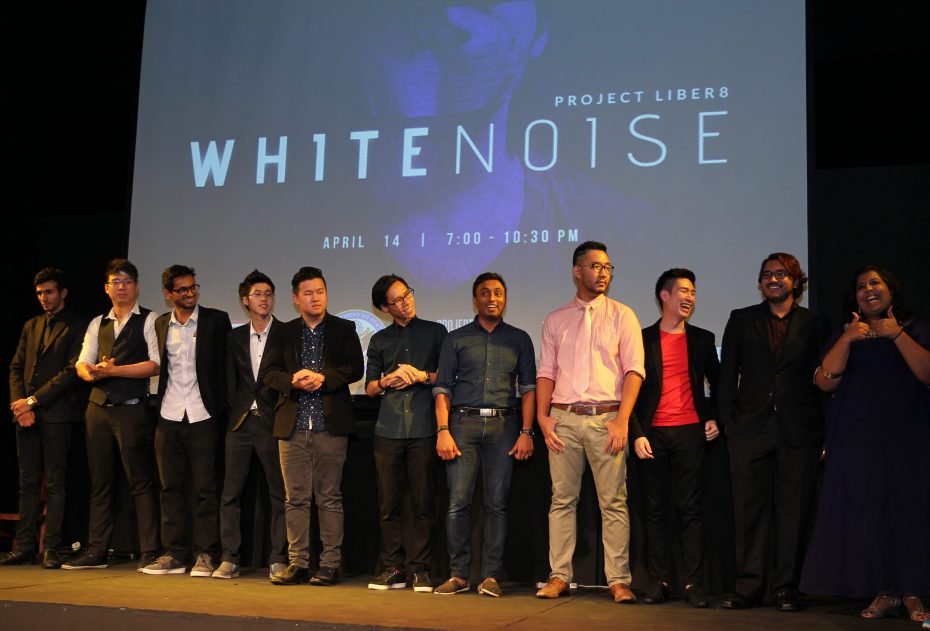
The finalists of the White Noise anti-human trafficking video competition. — Photo: GLENN GUAN/The Star
How you can help
New now hopes that more young people get involved – first by watching and sharing the videos created for White Noise, then by creating videos of their own.
“Your video can be as creative you like, but please do include a call-to-action, like a hotline number, or organisation for people to volunteer at,” said New.
Besides producing videos, there are other ways to help the victims of human trafficking, like volunteering with Project Liber8 (fb.com/projectliber8) or organisations like Tenaganita or the PT Foundation.
Volunteers with Project Liber8 get to engage with youth leaders and anti-human trafficking organisations, and help create an information platform for the public to learn more about the issue.
Project Liber8 is also going international this June – registration opened last night for people to participate in Advoc8 Thailand, said New.
“We hope to strengthen the relationship between us and Thailand so we can work together to eradicate human trafficking. This is our first step.”
The top 3 videos at White Noise


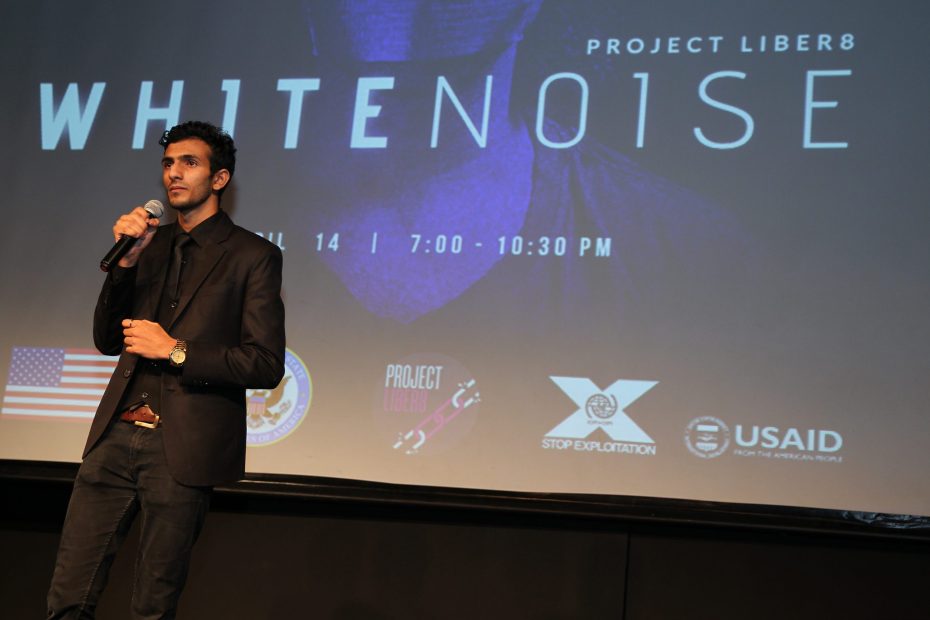
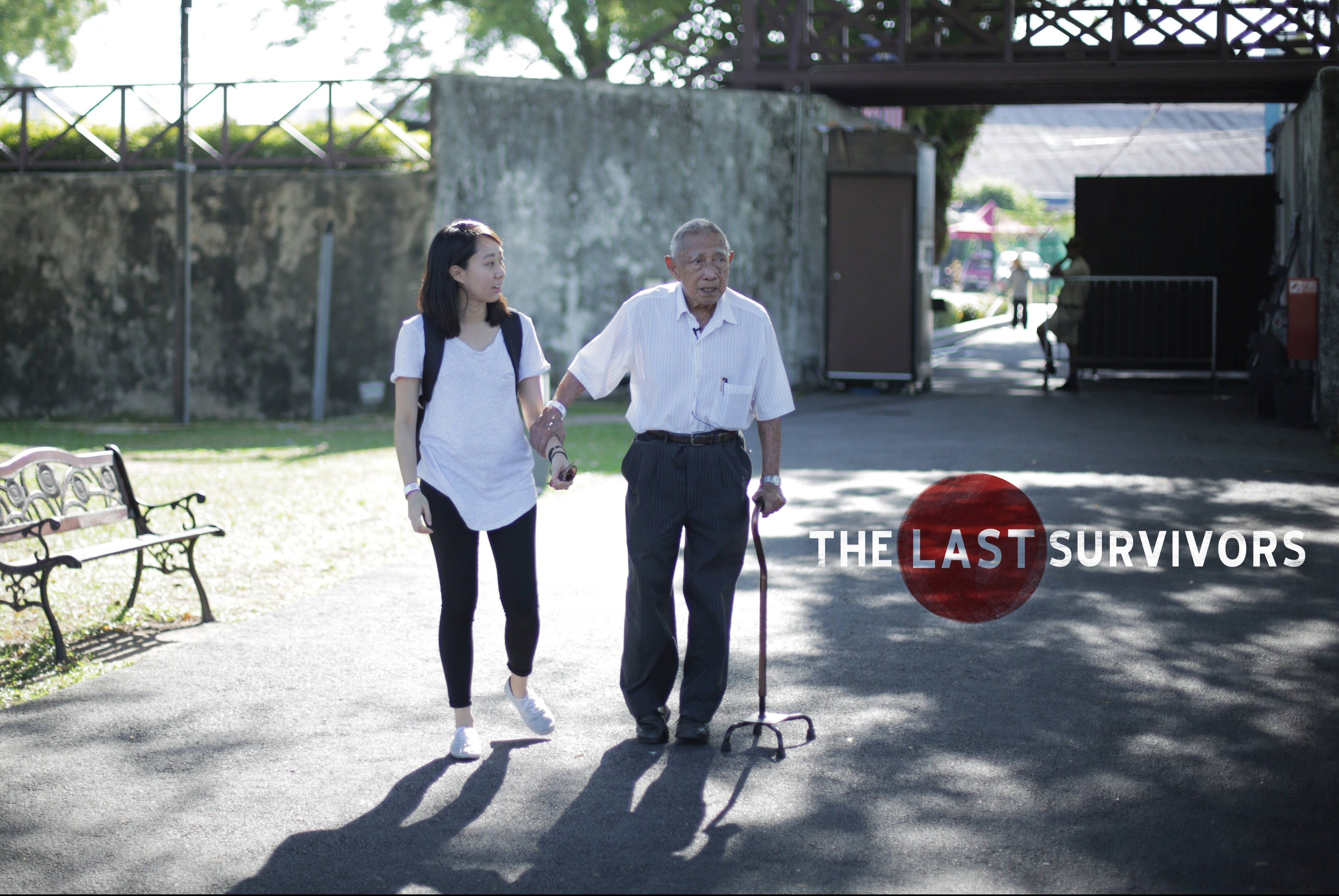
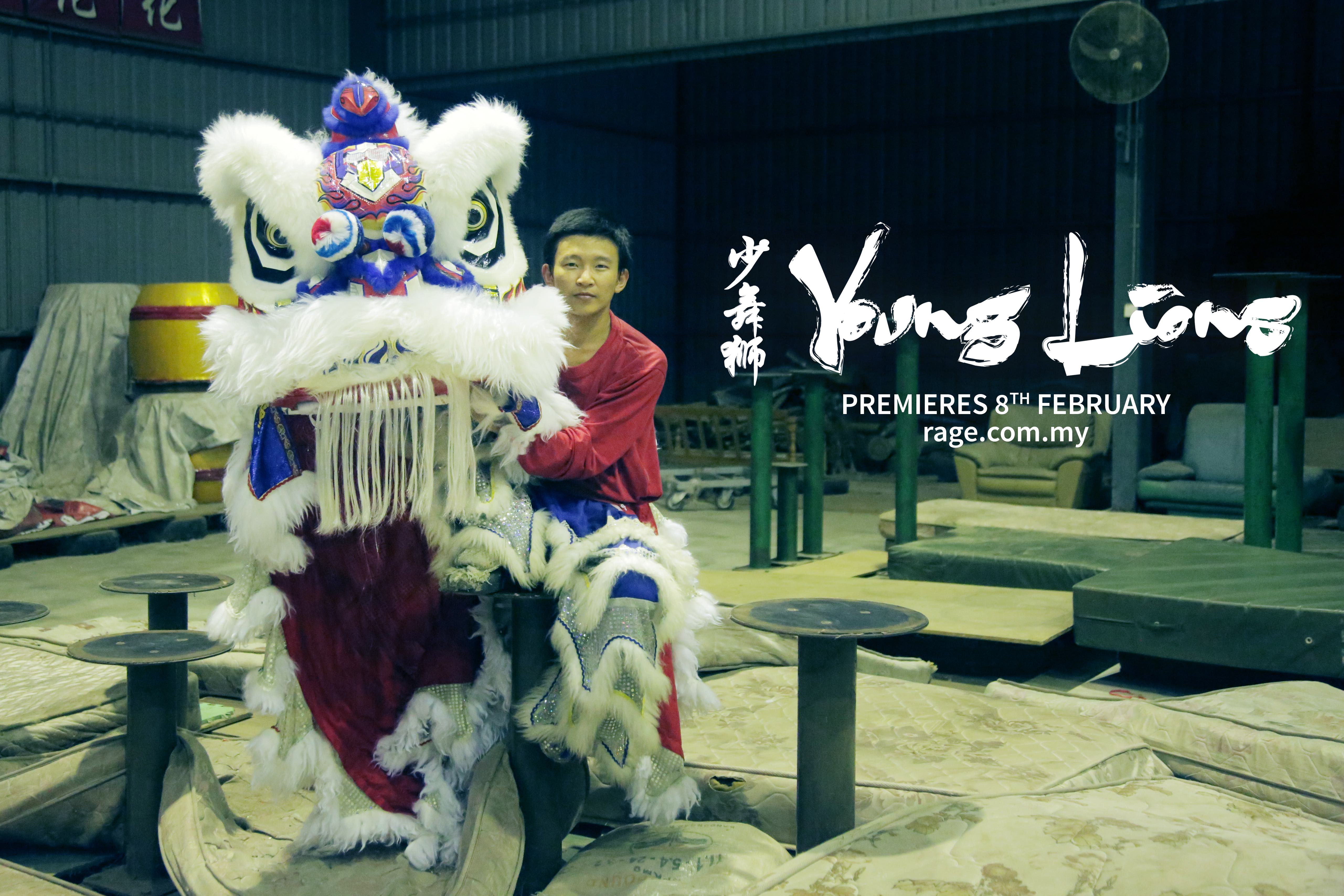
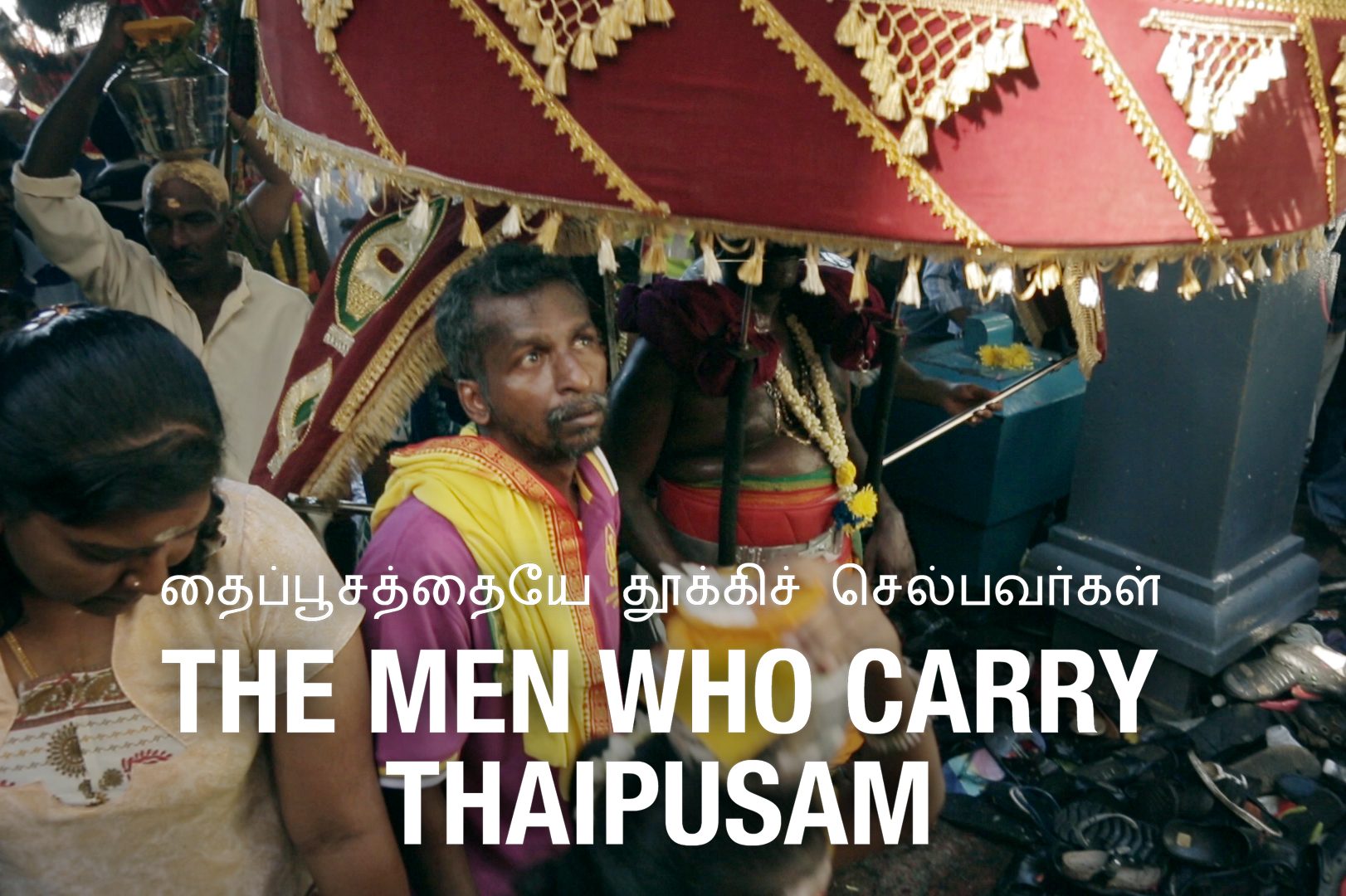
Leave a reply